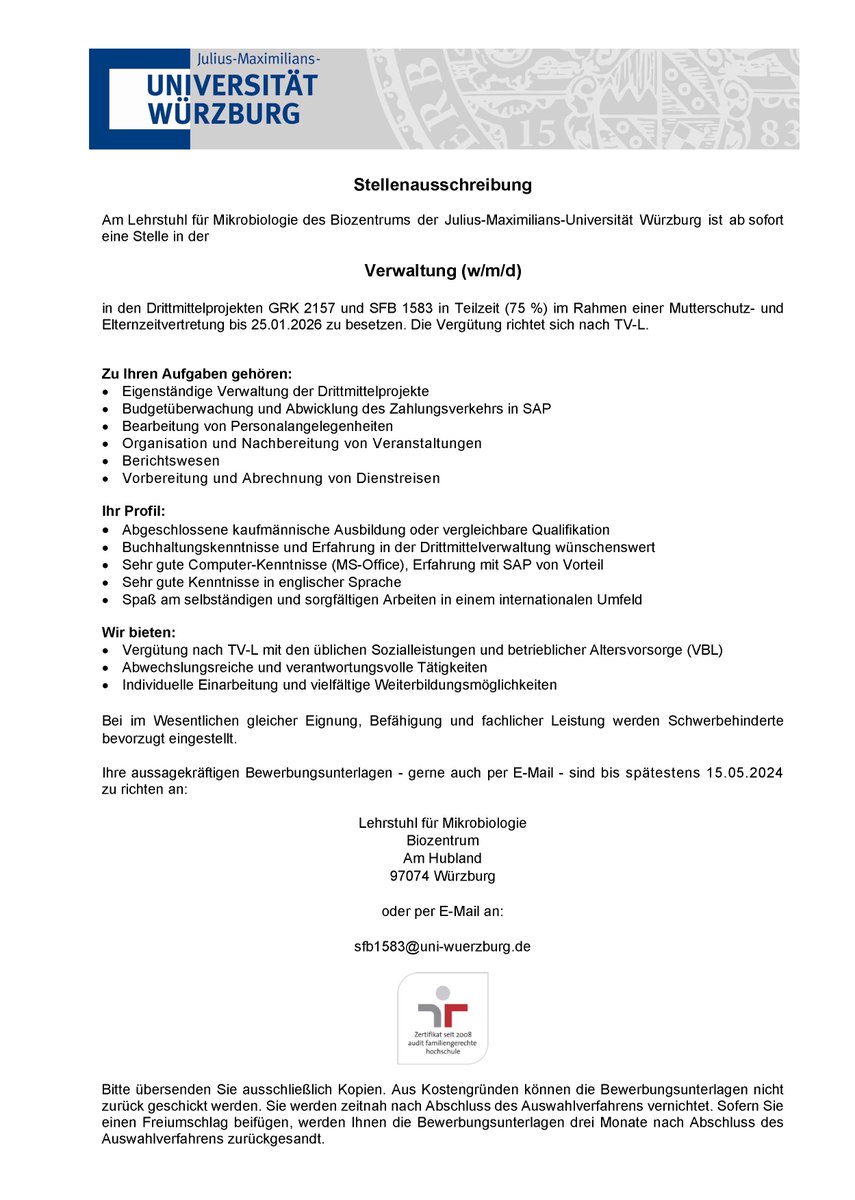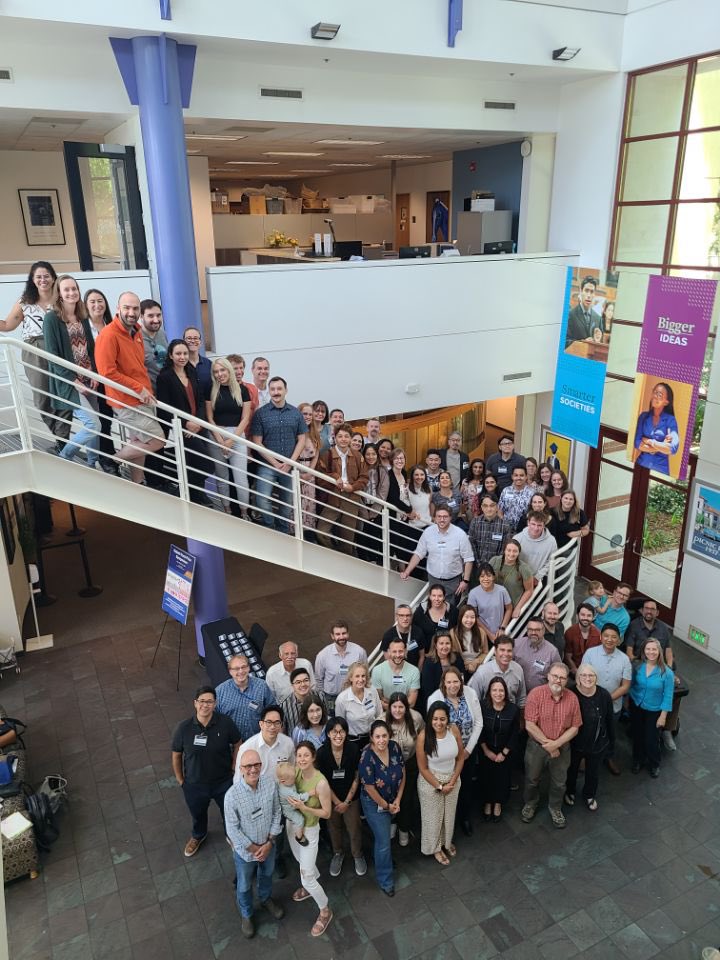
Franziska Faber
@franzifaber
Group Leader @UniWUE and @Helmholtz_HIRI
ID: 887938603829137408
http://www.helmholtz-hiri.de/de/forschungwww.imib-wuerzburg.de/research/faber/group-leader/ 20-07-2017 07:33:55
331 Tweet
285 Followers
63 Following

#AccessMicro is proud to launch our negative results collection, celebrating the best negative results studies published since the platform’s launch. Read the introductory editorial by Elisabeth Bik Elisabeth Bik and browse the collection: microb.io/4afpQIj #OpenScience


The labs of Christophe Zimmer @ImodLab and myself are looking for a technical assistant to join us full time at the @RVZ_Wuerzburg Universität Würzburg #UniWürzburg! Contact us if you want to help us decipher microbes and find antibiotics! More information can be found here: shorturl.at/quvB7

Leading PIs of our cluster of excellence Controlling Microbes to Fight Infections discuss the future of research on pathogens and commensals to fight infections: Why do some bacteria cause infections? Can ecological insights help to prevent bacterial infections? The Lancet Microbe thelancet.com/journals/lanmi…
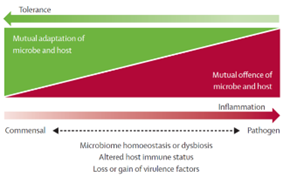
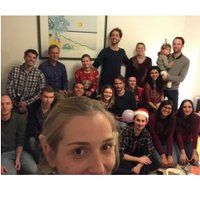


One more reason we need proteomics - to understand the impact of genetic diversity. The transcriptome alone does not provide a full enough pictures about gene expression differences. Great colleaboration with Joseph Schacherer 's team. More to follow soonish pnas.org/doi/10.1073/pn…
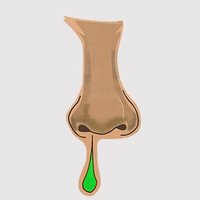
Why are infants susceptible to invasive pneumococcal diseases? Excited to share our latest work led by Kristen Lokken-Toyli which explores this question and elucidates the age-dependent mechanisms that drive pneumococcal spread from the mucosa. PLOS Pathogens journals.plos.org/plospathogens/…

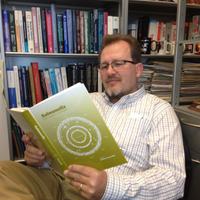



Want to study how fungal cells tweak their metabolism to become dug tolerant? Join us a postdoc in the ralser.group Charité - Universitätsmedizin Berlin in vibrant Berlin! tinyurl.com/4vtz2pj3


For 25 years, the Toll-like Receptor pathway was considered a series of distinct protein complexes that drive inflammation. Today, we report that the entire pathway, from receptor to transcription factor, is executed from within one complex—the myddosome. nature.com/articles/s4158…


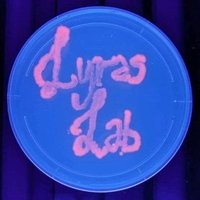
So happy to see our structural and molecular biology collaboration with Dr Sheena McGowan out in Communications Biology. We show that C. difficile uses an endolysin for toxin secretion, a mechanism which seems to occur in a controlled manner without cell lysis nature.com/articles/s4200…



